

Breathwork is a holistic practice that involves intentionally changing the way you breathe to promote physical, emotional, and spiritual well-being. While the practice has been used for centuries in various cultures and traditions, modern scientific research is now providing evidence to support the health benefits of breathwork.
HOW DOES IT WORK….ON THE BODY?
One of the main ways that breathwork affects the body is through its impact on the autonomic nervous system (ANS). The ANS is responsible for regulating many of the body’s unconscious processes, such as heart rate, digestion, and respiration.
Deep breathing can activate the parasympathetic nervous system (PNS) through a process known as respiratory sinus arrhythmia (RSA). RSA is a natural variation in heart rate that occurs during the breathing cycle. During inhalation, heart rate increases, and during exhalation, heart rate decreases. This natural fluctuation in heart rate is controlled by the PNS, specifically the vagus nerve.
The vagus nerve sends signals to the heart to slow down during exhalation, causing the body to relax and enter a state of rest and digest reducing the activation of the sympathetic nervous system (SNS), helping to lower cortisol levels and reduce anxiety.
HOW DOES IT WORK….ON THE MIND?

Beyond its physical benefits, breathwork can have a profound impact on emotional and spiritual health. The power of this practive lies in its ability to activate the parasympathetic nervous system, allowing the body to deeply relax allowing individuals to access parts of their subconscious.
This process can be especially helpful for individuals who have experienced trauma or have repressed emotions. By accessing these deeper parts of the mind, individuals can confront and process these emotions, which they may not have been able to previously tolerate. This is an important part of the healing process allowing you to ‘feel it, to heal it. ‘
Research has shown that breathwork can activate the default mode network (DMN) of the brain, which is associated with self-reflection and introspection (1). This activation can lead to greater self-awareness and understanding, helping individuals to better understand their emotions and behaviours.
SO…..LET’S EXPLORE THE EVIDENCE!
There is a growing body of research on the physical and mental health benefits of breathwork.
A review of multiple studies published in the Journal of Evidence-Based Complementary and Alternative Medicine concluded that breathwork can be an effective complementary therapy for a range of health conditions, including chronic pain, anxiety, and depression (2).
One study published in the journal Frontiers in Human Neuroscience found that a specific type of breathwork called Sudarshan Kriya Yoga (SKY) was effective in reducing symptoms of anxiety and depression in individuals with a history of trauma (3). Another study published in the International Journal of Behavioral Medicine found that a 10-week breathwork program was effective in reducing stress, increasing mindfulness, and improving mood in a group of healthy adults (4).
Additionally, research has shown that breathwork can have a positive impact on cardiovascular health, with a study published in the Journal of Alternative and Complementary Medicine finding that slow-paced breathing exercises were effective in reducing blood pressure and improving heart rate variability in individuals with hypertension (5)
SO, WHAT HAVE WE LEARNED?
Overall, the science of breathwork suggests that conscious control of the way we breathe can have a powerful impact on our physical and mental health. By activating the parasympathetic nervous system and improving the oxygenation of the blood, breathwork can help us to feel more relaxed, energized, and focused. And by helping individuals to connect with their emotions, process trauma, and tap into their inner wisdom, it can facilitate personal growth, healing, and transformation.
If you’re interested in exploring breathwork, it’s important to find a trained practitioner who can guide you through the practice and provide support along the way.
You can find trusted practioners on the whole-istic healthcare platform – The Witchy Women – check it out here!
References:
- Zaccaro A, Piarulli A, Laurino M, et al. How Breath-Control Can Change Your Life: A Systematic Review on Psycho-Physiological Correlates of Slow Breathing. Front Hum Neurosci. 2018;12:353. Published 2018 Sep 6. doi:10.3389/fnhum.2018.00353
- Pilkington K, Kirkwood G, Rampes H, Cummings M, Richardson J. Acupuncture and mindfulness-based cognitive therapy for people with chronic depression: a study protocol for a randomized controlled trial. J Altern Complement Med. 2014;20(5):369-377. doi:10.1089/acm.2013.0162
- Brown RP, Gerbarg PL, Muench F. Breathing practices for treatment of psychiatric and stress-related medical conditions. Psychiatr Clin North Am. 2013;36(1):121-140. doi:10.1016/j.psc.2013.01.001
- Pbert L, Madison JM, Druker S, et al. Effect of mindfulness training on asthma quality of life and lung function: a randomised controlled trial. Thorax. 2012;67(9):769-776. doi:10.1136/thoraxjnl-2011-201253
- Anderson DE, McNeely JD, Windham BG. Regular slow-breathing exercise effects on blood pressure and breathing patterns at rest. J Hum Hypertens. 2010;24(12):807-813. doi:10.1038/jhh.2010.24
Leave a comment
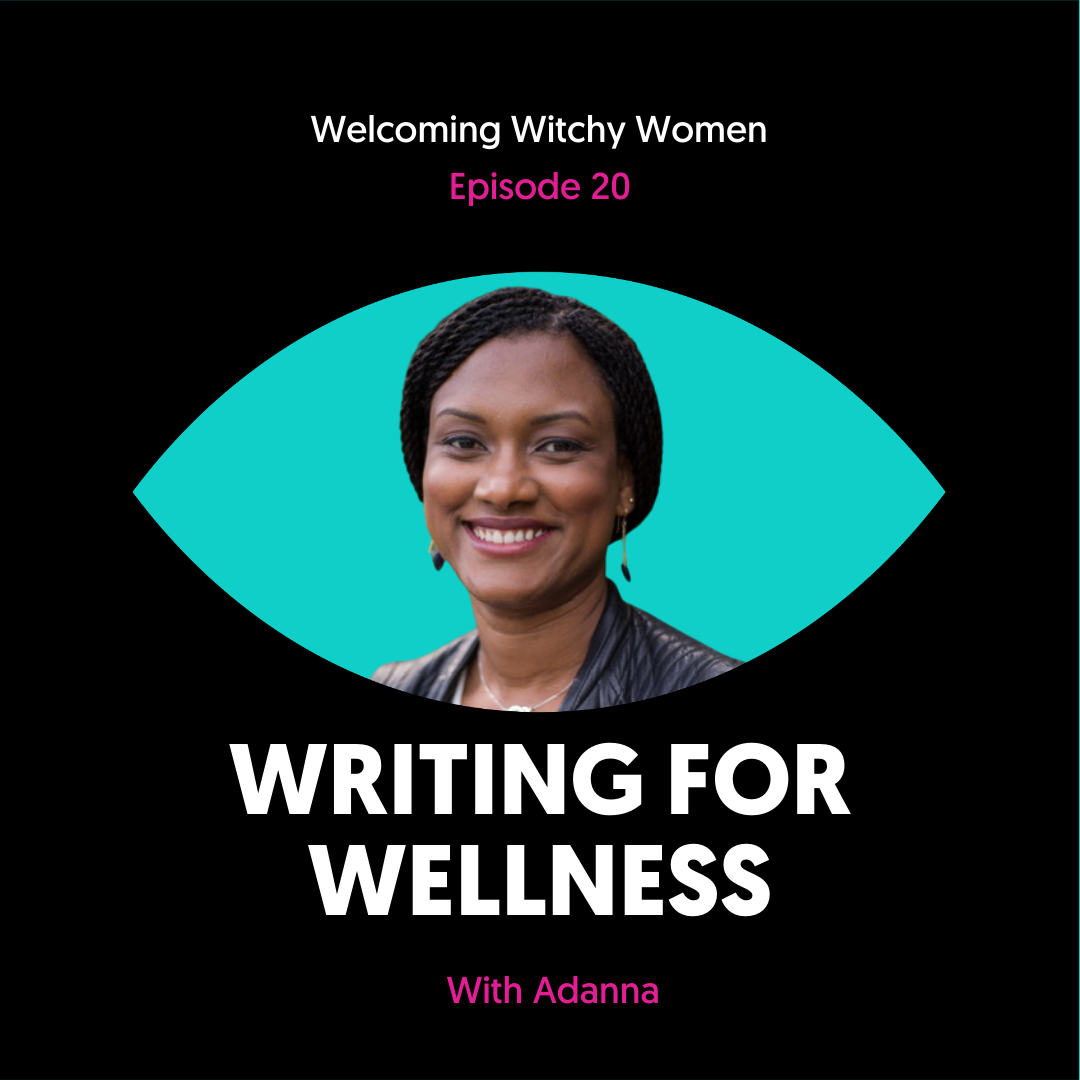
READ >
WELCOMING ADANNA TO THE WITCHY WOMEN! Our curated community.Of whole-istic healers. Here to help guide you.On your healing journey. Adanna draws on 12 years’ experience as a qualified English teacher with an MA in Education, and combines Positive Psychology, Neurobiology and Transactional Analysis with therapeutic writing to teach how changing the stories you tell about […]
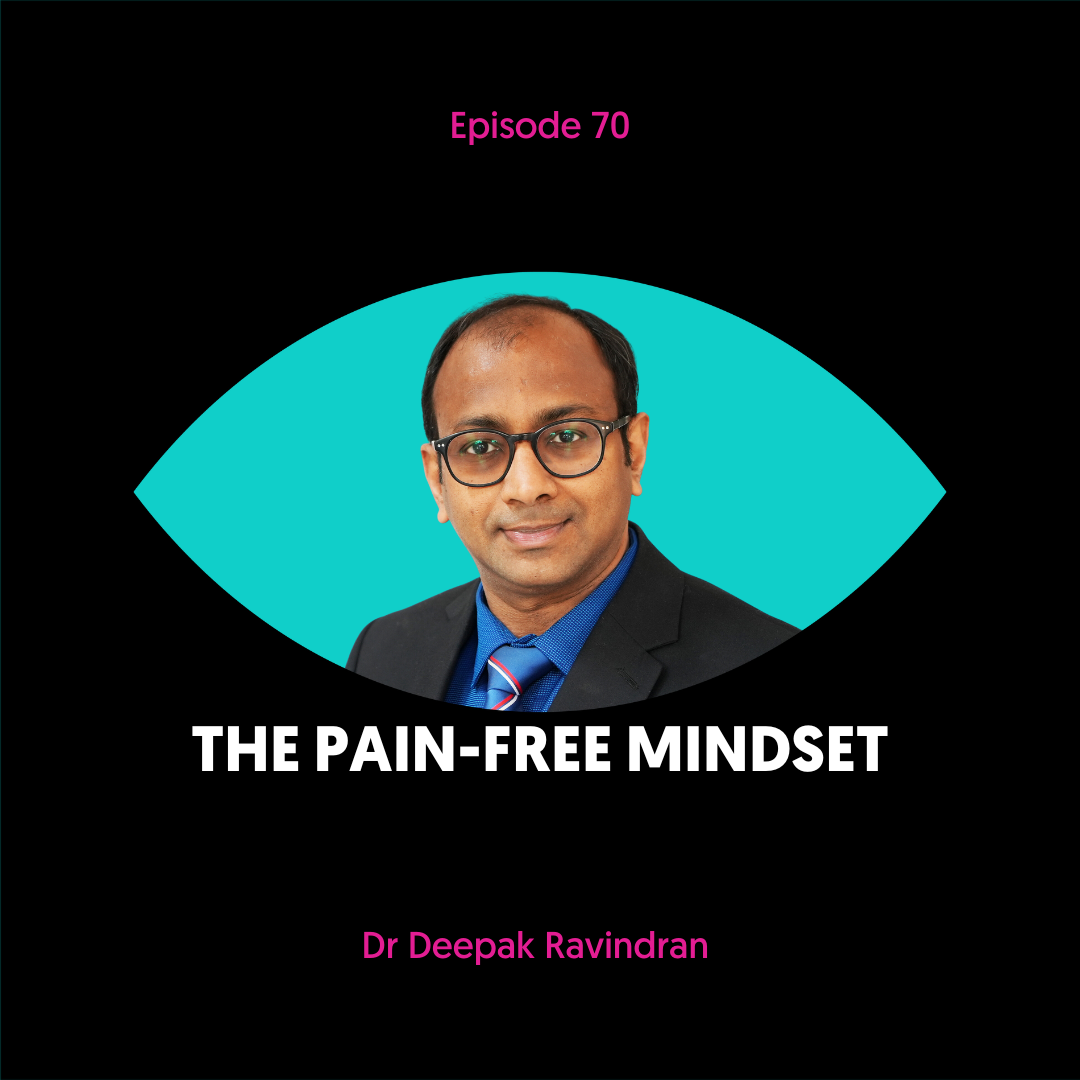
READ >
Dr Deepak Ravindran is one of the UK’s leading pain specialists. He is one of the few medical consultants who possesses triple certification in lifestyle medicine, musculoskeletal medicine and pain medicine using all of this knowledge to give his patients a truly integrative and holistic approach. He is author of the book The Pain-Free Mindset […]
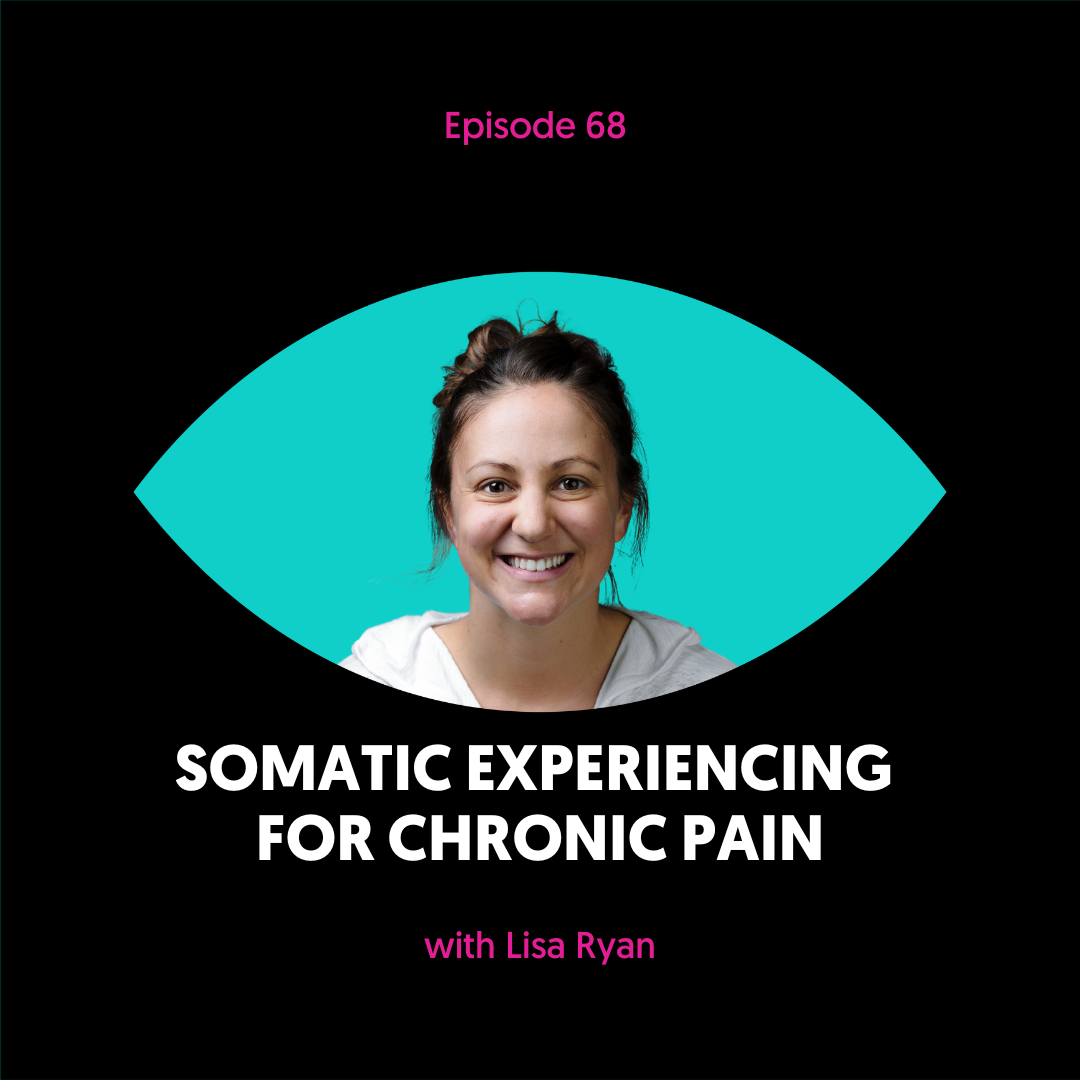
READ >
Lisa Ryan is a physiotherapist turned trauma informed somatic practitioner who helps people find freedom from their persistent pain. And this is just so important to her – because she was once a patient herself who was told she was not expected to recover – and the best she could hope for was to manage […]
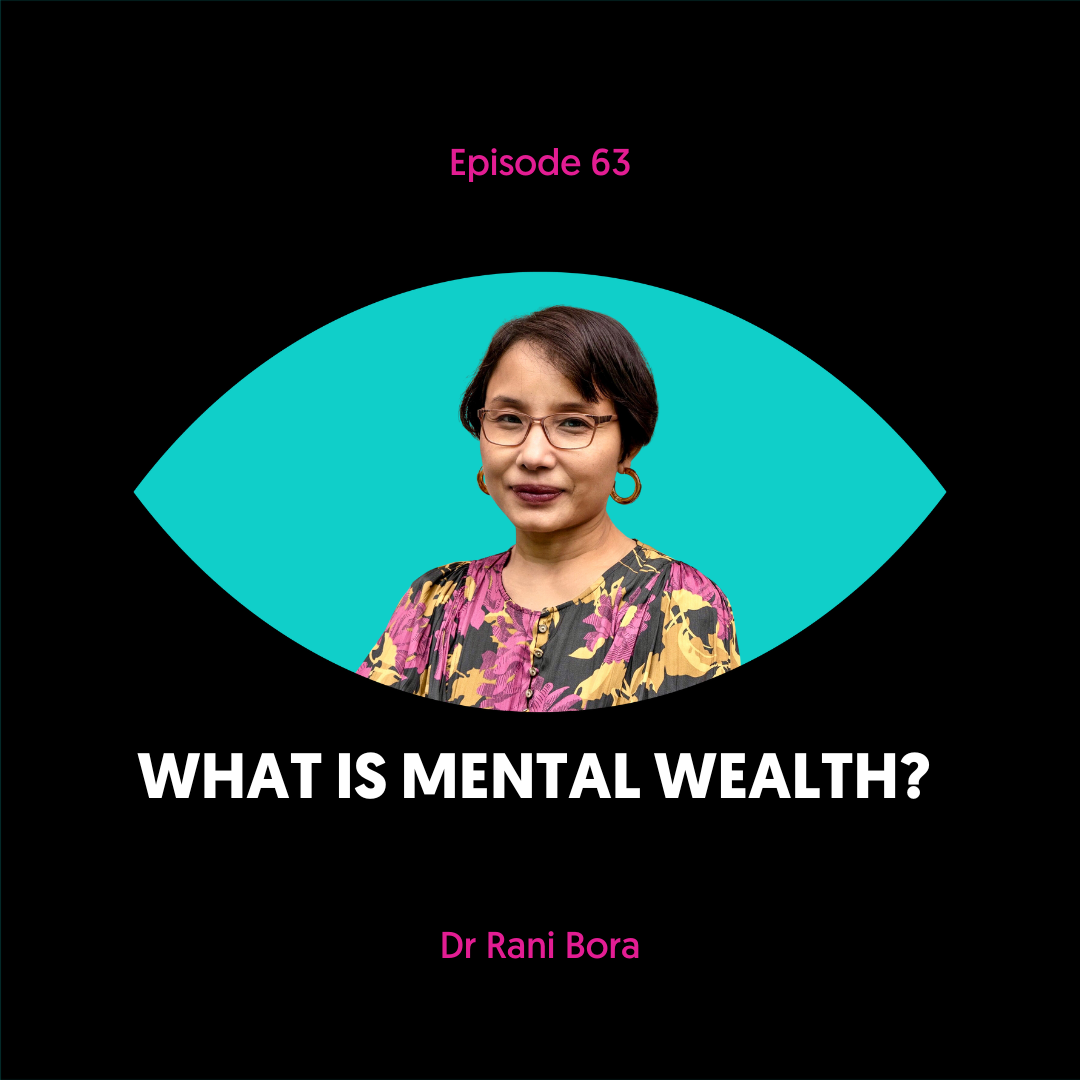
READ >
Dr Rani Bora is a holistic psychiatrist, mental wealth coach, and the author of “How To Turn Stress On Its Head”. Her work centres around empowerment – particularly for those who have been labeled with mental health disorder, using deprescribing and coaching to support them to thrive beyond their diagnosis. In this episode we discuss […]
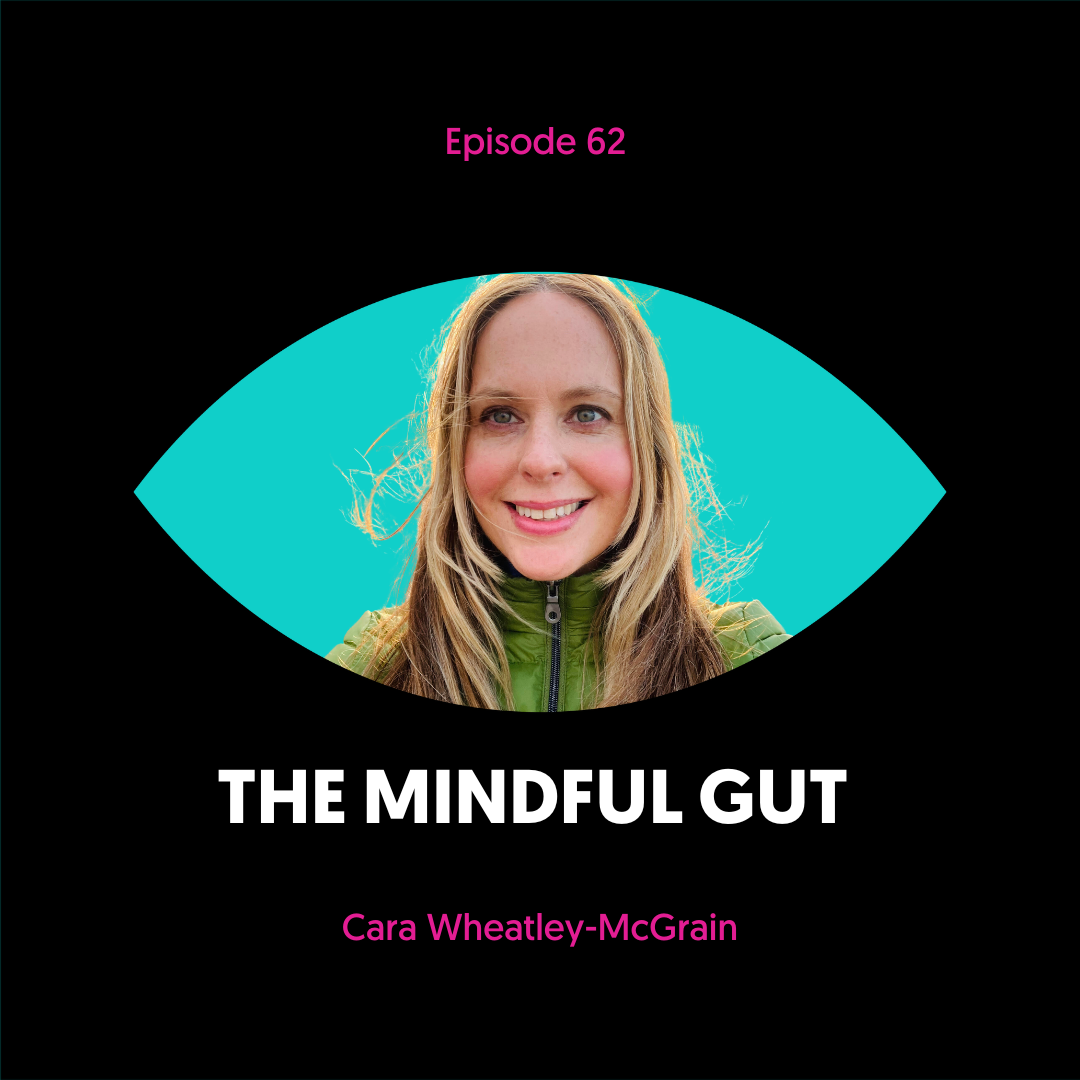
READ >
Cara is a coach, educator and author of Calm Your Gut – a mindful and compassionate guide to heal IBD and IBS using science, self love and intuitive eating. We talk about – You can find Cara on Instagram at @mindfulgutproject or on her website www.mindfulgutuk.com website. The resources for a specific diet for IBD […]

READ >
Lauren Windas is a renowned registered Nutritionist, Naturopath, Author of “Chronic Fatigue Syndrome: Your Route to Recovery” and co-founder of ARDERE.com, a holistic wellbeing company, specialising in supporting those with CFS/ME and long COVID. In this episode we cover: I mean these are ALL such key areas for people struggling with post viral syndromes and […]

READ >
Leigh Ankrum is a Functional Bodywork practitioner, teacher and founder of The Ankrum Institute in Tulsa, Oklahoma. This training centre teaches practitioners to work with the body’s natural intelligence to restore health and balance, by addressing the root cause of physical challenges for each individual. Leigh has more than 37 years of experience using Osteopathic […]